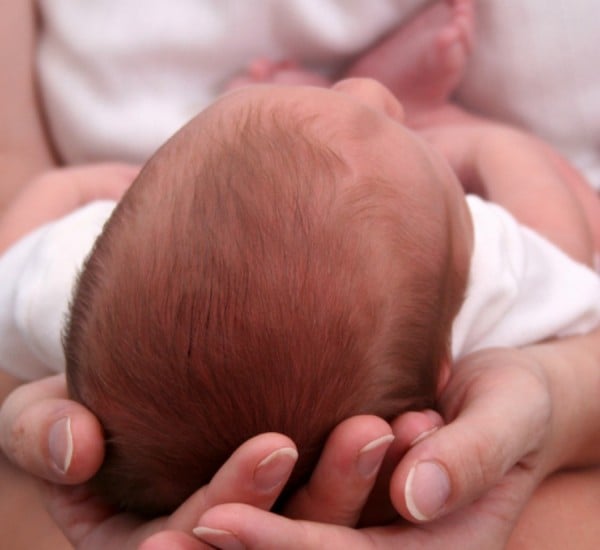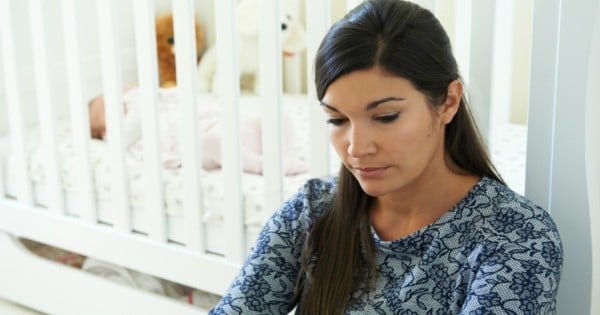
It’s meant to be the most wonderful time of your life.
It’s meant to be filled with miraculous firsts. First cuddle, first feed, first time you go home as a family. First time you venture out as a mum.
Sweet firsts. Memory making firsts.
But what if it’s not.
What if the firsts are darker?
The first time you feel panic. The first time you couldn’t breathe. The first time you couldn’t pick her up. The first time you felt like running away.
The first time you wanted it all to end.


